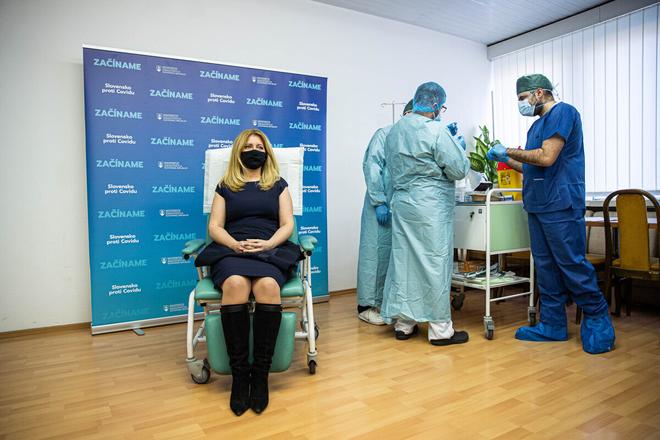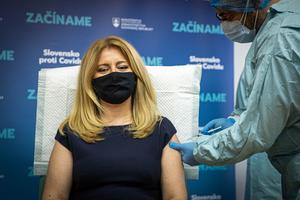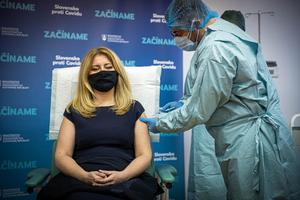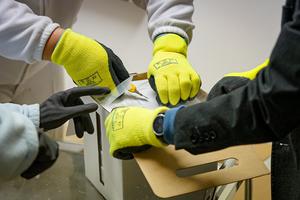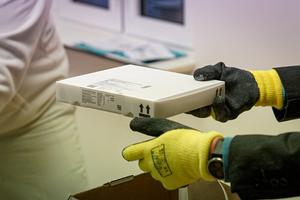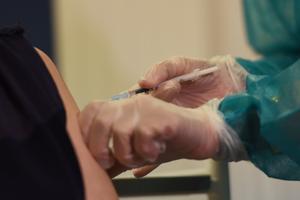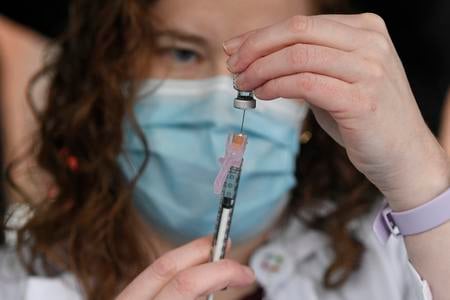President Zuzana Čaputová received COVID-19 vaccine in the Bratislava University Hospital in Ružinov.
"I have trusted the professionals and I consider the vaccine the best way out of this difficult situation," Čaputová told the press as quoted by the TASR newswire, after she received the Pfizer/BioNTech jab on Sunday morning.
The vaccine rollout began in four Slovak hospitals - Nitra, Bratislava, Banská Bystrica and Košice.
Čaputová's predecessor, President Rudolf Schuster, was also vaccinated on December 27 in his hometown, Košice. He received the shot from infectologist Pavol Jarčuška, the newswires reported.
The first person to receive the vaccine in Košice was the 94-year-old pediatric infectologist Ján Virgala. He belongs to the pioneers of vaccination in Slovakia, who would go around eastern-Slovak villages, promoting inoculation and vaccinating children. He has vaccinated thousands of children during his professional career, the Korzár daily reported.
Only 200 vaccines have been delivered to Košice for now, they will be reserved for health care professionals.
The first people to be vaccinated in Slovakia were experts who advise the government on pandemic strategy. Infectologist Vladimír Krčméry was the very first person to receive the COVID-19 jab in Slovakia.
Health Minister Marek Krajčí has received the vaccine on Saturday night as well. Other cabinet ministers got their jabs on Sunday, including Culture Minister Natália Milanová, Justice Minister Mária Kolíková, Defence Minister Milan Krajniak, Education Minister Branislav Gröhling, Environment Minister Ján Budaj, Deputy Parliament Speakers Juraj Šeliga and Gábor Grendel, head of the General Staff of the Slovak Armed Forces Daniel Zmeko. EU Commissioner Maroš Šefčovič was among the first persons to be vaccinated in Bratislava as well.
Several ministers, including PM Igor Matovič, will not be vaccinated now, since they have recently had the COVID, and their ten-day quarantine is just about to end these days.
Four waves of vaccination in Slovakia:
healthcare staff, employees of nursing homes, critical infrastructure;
people older than 65 years, people suffering from chronic diseases, clients of nursing homes;
marginalised groups, homeless people, asylum seekers, teachers;
everybody older than 18 years (voluntary principle)


